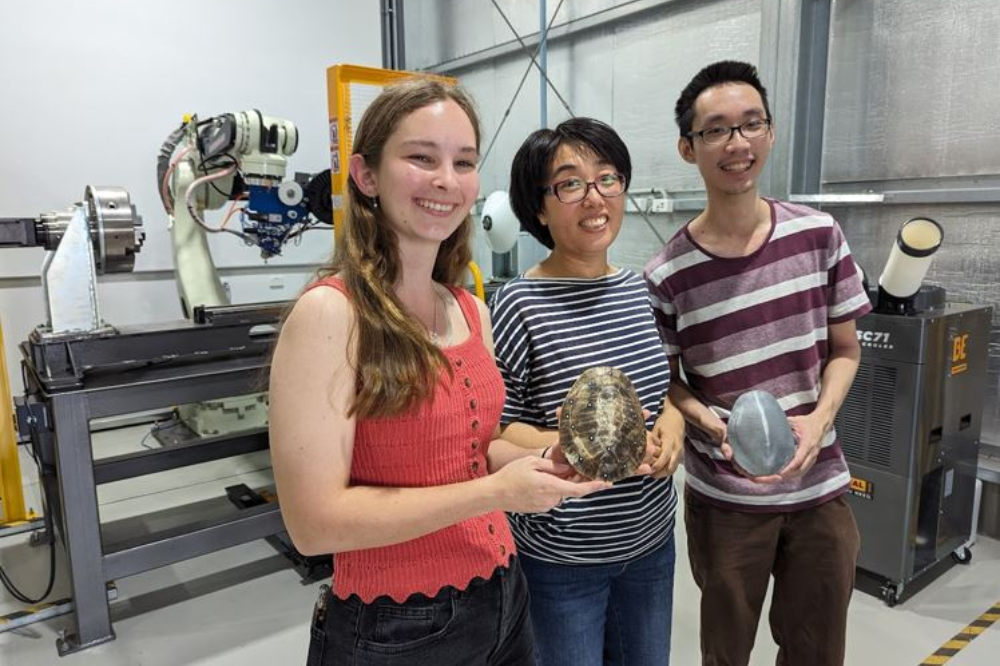
A growing body of research shows a notable gap in understanding the importance of STEM subjects and the career opportunities they offer among Australian students. This lack of awareness often results in students not considering or preparing for potential careers in these critical fields until it's too late.
To address this, Charles Darwin University (CDU) has launched a mentoring program that gives high school students a taste of what it’s like to study STEM alongside real academics.
Last week, students from Casuarina Senior College toured the University’s Casuarina campus science and technology facilities for the beginning of CDU and Inspired NT’s Stage 2 Real Science Program.
Post-graduate students will act as mentors to students from Casuarina Senior College and Darwin High School for the next seven months, guiding them through STEM-related projects from planning, execution to presenting.
High school students will experience what it’s like to study at university, learn about the tertiary pathways open to them, and develop confidence in themselves and their abilities. Post-graduate students can practice leadership and supervision skills, time management, empathy and flexibility through mentoring.
CDU PhD students Cedric Tan and Girum Gebremeskel Kanno are among this year’s mentors, and both were eager to share their knowledge and their personal and academic journeys into STEM.
Tan’s research involves the development and testing of metals to reduce their damage within corrosive environments, while Mr Kanno is exploring how Artificial Intelligence can be integrated into the environmental life cycle assessment of healthcare plastic wastes.
“I’m hoping the students will realise that science isn’t necessarily scary,” Tan said. “It’s a very involved experience. It’s a lot of problem solving and being sure you’re engaged but if you can find something you’re passionate about, you’re going to get something out of it.”
‘STEM can be for everyone, and it should be fun’
Kanno said people might assume science is hard but having interest in this subject can help people easily challenge and solve complex problems.
“We live in a world full of environmental problems and we need more people with a different approach to solving these problems,” he said.
Program coordinator and CDU Senior Lecturer in STEM Pathways Dr Carla Eisemberg hoped students would learn how science is an accessible pathway.
“The idea you need to be an Einstein to be doing STEM is wrong,” Dr Eisemberg said. “We need people with everyday skills to become scientists and engineers, because we need people who have different ways of thinking. There is no innovation without diversity.”


